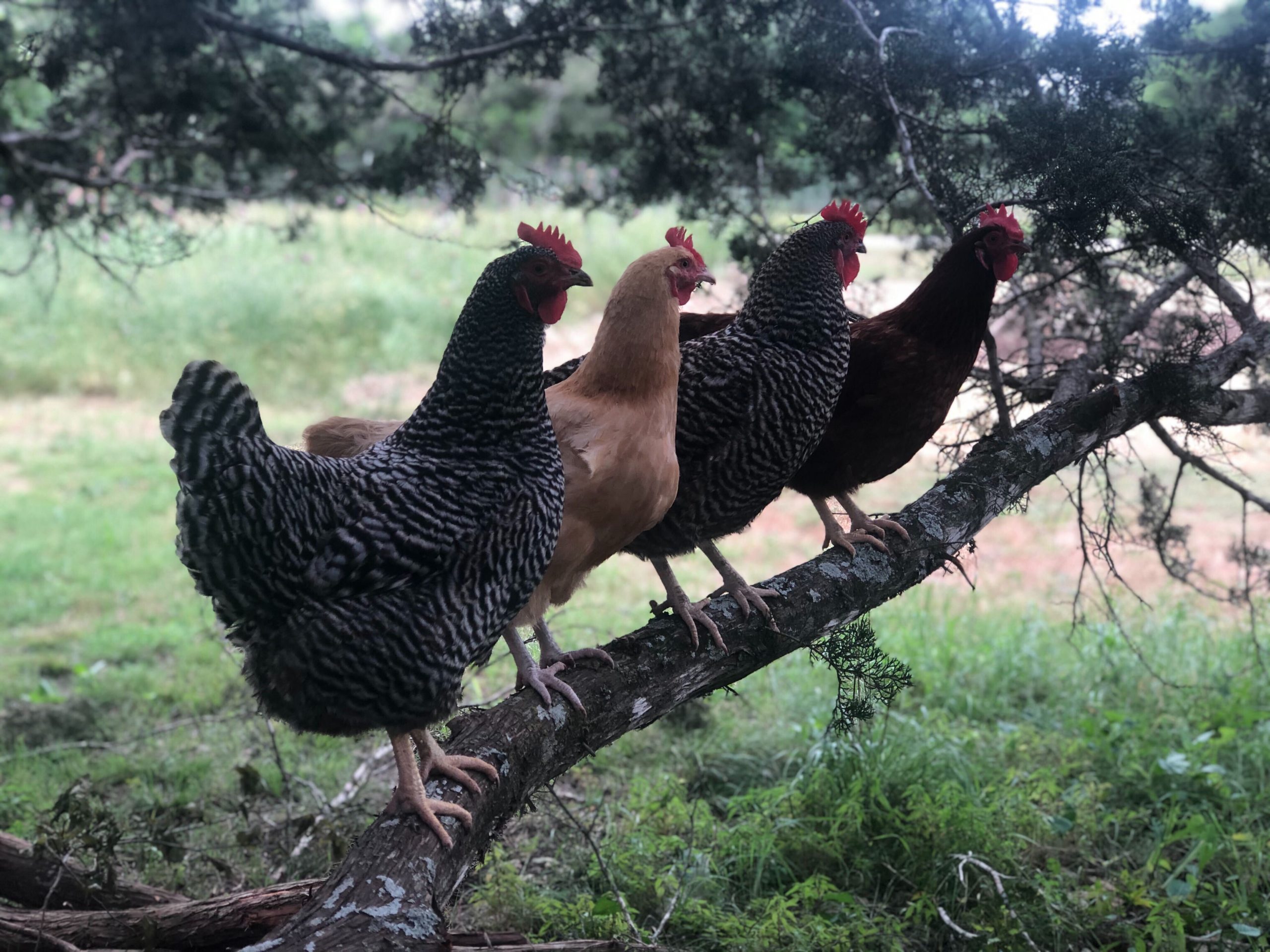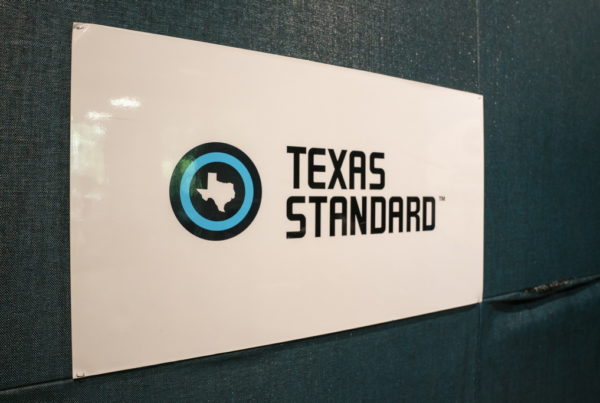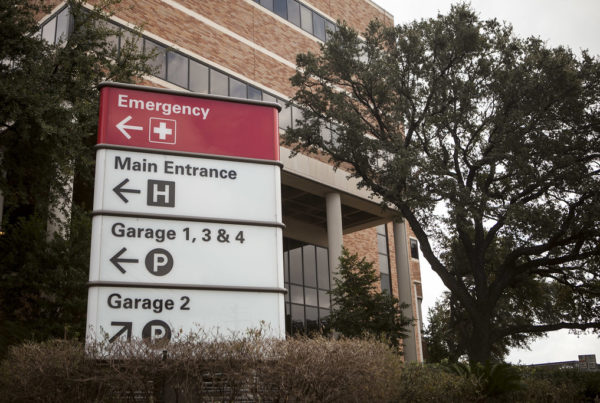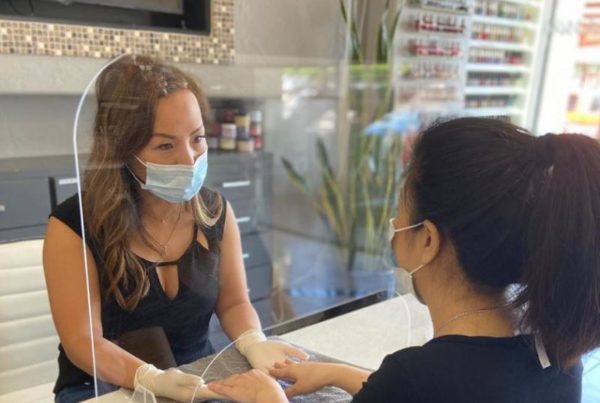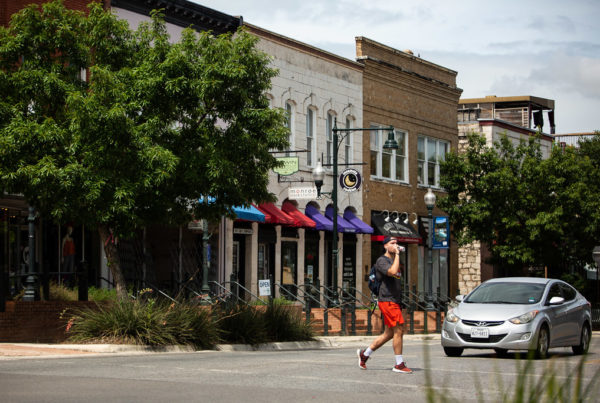Raising backyard chickens has become a popular trend during the coronavirus pandemic. Chickens are low maintenance, their eggs are a daily food source and, if nothing else, they’re a distraction while stuck at home.
But restrictions on raising chickens in Texas vary by city. In some places, there are still laws that prevent people from exceeding a certain number of chickens, or from raising them at all.
Day care owner Kay Dryer-Hill and her husband Alphonso Dryer started raising chickens in the backyard of their Pflugerville home in April. Alphonso used part of his stimulus check – about $600 – to pay for their three hens and all of the supplies. While setting up their yard, they were careful not to violate any of the local ordinances.
“They have very generic rules that just say they have to be restrained and not cause any noise or odor nuisance. And we also, just to be safe, made sure that our coop was a good distance from all our neighbors,” Dryer-Hill said.
Compared to other cities in Texas, those restrictions are relatively easy to follow. It’s more complicated in El Paso, for example, where all chicken-owners need a city permit. And Fort Worth residents can’t keep fowl within 50 feet of another residence. In Dallas, owning roosters is outlawed.
During the 2019 legislative session, Texas state Rep. James White filed a bill attempting to end some of these restrictions. The bill would have allowed most Texans to own at least six chickens. White said the ability to raise chickens is a matter of independence.
“As this was brought to me, it was people wanting to have that level of that dignity and self-worth and self-reliance that they could participate actively in growing, nurturing and providing for themselves and their families a fresh food source,” White told Texas Standard.
The bill did not pass last year, but that was before the pandemic. Now, with supply shortages in grocery stores and many Texans confined to their homes and properties, the concept of self-sufficiency is more relevant than ever.
“I’m seeing these limits on the number of egg cartons we can purchase, the number of jugs of milk that you can purchase, and that’s why you’re having more people wanting to step up and say ‘I want more control of my food source,’” White said.
Texas’ largest supplier of backyard chickens, Ideal Poultry, experienced a 50% increase in both livestock and supply sales during the pandemic. At Callahan’s General Store, a smaller seller in Austin, adult hen sales tripled in the first two weeks of COVID-19 restrictions.
Callahan’s President and CEO Charley Wilson sold chickens to people from well outside of Austin. Chickens went to customers in Johnson City in the Hill Country, to San Antonio, Waco and even to Houston.
“Each community has different restrictions that are applicable in different ways,” Wilson said. “Some are much more lax and some are more restrictive. Some have the noise ordinance, which affects your ability to raise roosters; some don’t.”
Noise ordinances are the main restrictions for Wilson’s customers in Austin. The city is very hen-friendly, but residents are not allowed to own any animals that “make frequent or long-continued noise.”
“If you have a rooster, you certainly can raise it, but it better not make a lot of noise,” Wilson said.
A lot of Callahan’s customers, he said, are interested in raising chickens for the reliable source of eggs. But for Kay Dryer-Hill and her family, their new supply of two eggs per day is more of a perk than a necessity.
“It was more just for the whole project, the whole experience,” Dryer-Hill said. “My husband – it gave him a project to do while we were all at home on lockdown. The kids – it gave them a great distraction because they make great pets, and my daughter’s learning a lot about them.”
With Texans’ growing interest in backyard chicken-raising, Rep. White plans to refile his bill during the 2021 legislative session.
Web story by Sarah Gabrielli.


